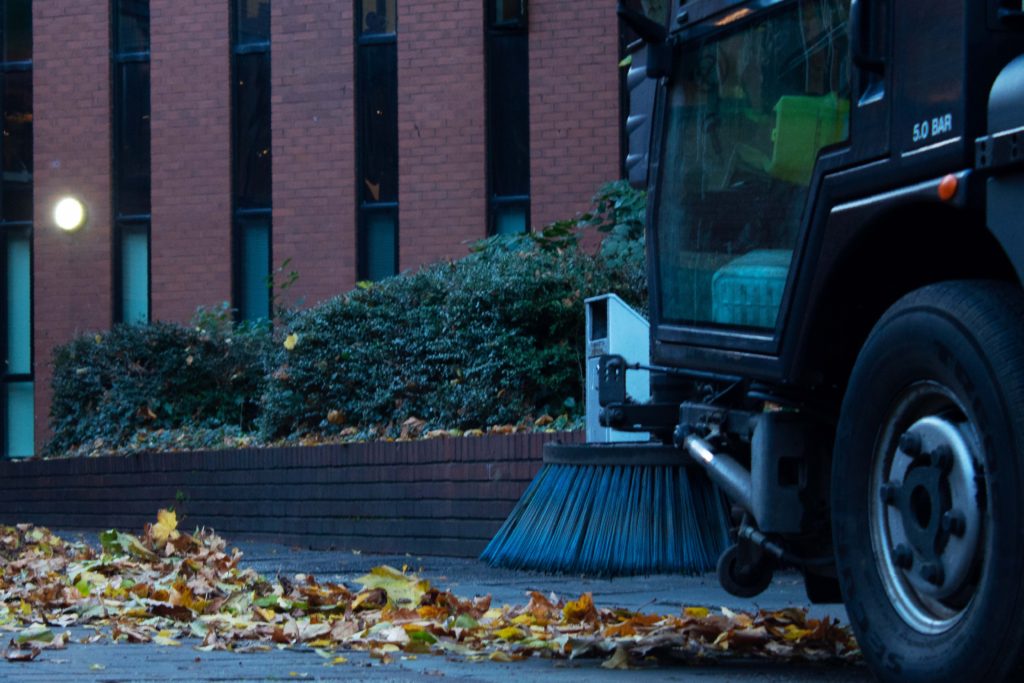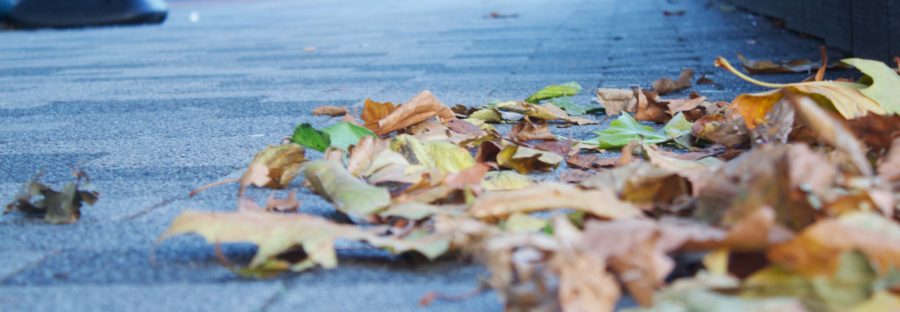A green future for road sweepings being recycled as soil for plants
- MMU scientists partner with UBU Environment
- May avoid thousand tones of sweeping sent to landfills
- Success could lead to a recycling revolution
- Chemical analysis to determine safety of recycled soil use
- Experiment tree planting with recycled soil
A team of scientists at Manchester Metropolitan University is examining whether road sweepings could be used as soil to plant trees.
Each year thousands tones of road sweepings are sent to landfills in Greater Manchester and the rest of the United Kingdom.
Man Met lecturer Dr David Megson has teamed up with UBU Environment to look into ways in which the sweepings could be put to a more ecological use and avoid waste.
Dr Megson said: “We live on a tiny island.
“We have got a lot of landfill sites. We’re running out of space to put our waste.
“We are learning more and more about the importance of a circular economy and if we can find a reuse for this material, it’s going to be beneficial.
“Dr Edward Randviir is also working in the chemistry department. His research focuses on finding the value in “waste” and trying to shift perceptions to consider these materials as a valuable resource.”
The project could lead to a revolution in terms of road sweeping end life and could help preserve the environment.
Rebecca Murphy, Peers UBU group manager, stated: “Achieving end-of-waste status for the filter cake will represent a giant leap forward for the industry.
“With the support of the knowledge transfer partnership and Manchester Metropolitan University, we hope to achieve a more desirable priority within the hierarchy of waste.”

The study will officially start at the end of November and will last just over two years.
Daniel Niepsch, a former PHD student at MMU with several years of experience in industry, has been hired to work on the project full-time.
The team will undertake different chemical measures of the material called “cake” provided and filtered by UBU. Analyses showed that it is predominantly organic. Its aim is to discover whether the substance is safe to reuse.
The study will also comprise an evaluation of the impact of the cake on plant development.
“Dr Emma Coulthard is helping us from an ecological perspective by leading plant growth experiments to see how well plants grow when we plant them in the cake ” Dr Megson said.
“Two undergraduate students Eleanor Stanley and Rosalind Mooy have been working with us over the summer to develop analytical methods that are going to be used for the study. Their initial results were hopeful. It seems that the “cake” did not contain as many pollutants as expected.”
Potential variation in the pollutant rate, will represent a challenge for the team of researchers who are preparing for a year of monitoring. This will help enable them to determine whether the recycled material is safe.
“The project will be scientifically challenging to undertake as cake is a complex material that can change over time.
“So, we’ll see how that goes at different times of year, we will get different pollutants and depending on where and when the sweepings were collected.”


